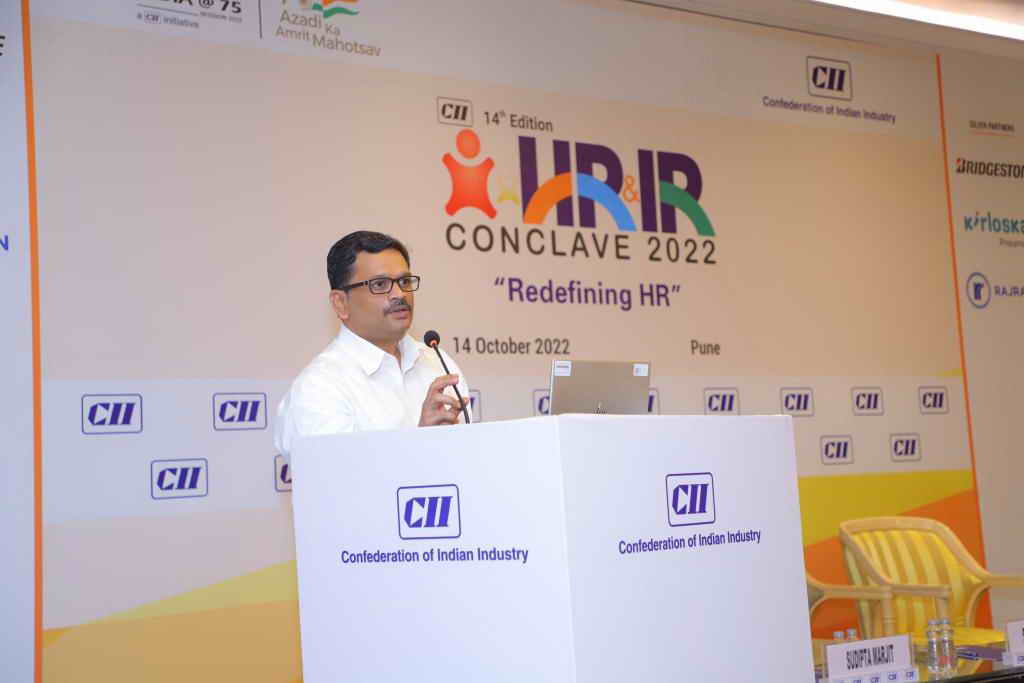For working adults and for business, Knowledge is a liability. Proficiency is an asset.
Coming from a professional making living selling and consulting on e-Learning content, this might be strange. But it is true. We go to campus to hire graduates knowledgeable in software, concepts and programming languages. But after few years, it is experience and the work done that is of prime importance and interviews than the same knowledge with which you entered the industry. People with high degree of knowledge and low on adaptation of them as skills do not get the same success as they get in academic world.
In smaller organizations, the theme is "Learn on the Job". This means, they need to apply the knowledge and gain the skills. If not known, they need to pick up the skills to deliver it on time. If they do not gain the full knowledge but are skilled, they are better and reliable resources.
My favorite pet theme in initiating a new member is "Welcome to the unlearn land"
Imparting e-Learning or training in businesses for giving knowledge, is not a worthy investment. The best way to gain knowledge still is the school or college system. So, if resources are in need of knowledge, say financial management, it would be a good investment to sponsor their education in school. But if the resource needs skill, say in managing cash flows of the company, then e-Learning would be best medium to re-tool them to become productive resources.
To achieve this, Multiple views, multiple presentations for same content, multiple situations, should be made available to users to let them gain the knowledge for the job requirement a.k.a skill.
Self Evaluation Case Study:
I majored in Computer Science and later on a Management degree program. They definitely made me where I am. But how many books, theories, do I use in real life ? Rather, when I joined my first company, we were moving away from Authorware and Java to HTML/Javascript. Javascript fascinated me and I was one among the prime movers into that technology.
How was it possible ? Obviously Yahoo and Google searches helped.
Was it one site, one author, one training provider, one professor, one mentor, who helped me in it ?
Definitely no. It was multiple sites, multiple code snippets, various coding styles, multiple mentors, knowledgeable peers, multiple books that helped me gain the proficiency.
Would it be possible for an organization to provision them to their employees?
Yes, with mashable and single source script/storyboard, it is possible to create multiple delivery mediums and content streams in the same cost that it makes to create an elaborate training program.



The post reminded me of today's IDCI online seminar that I attended in the morning. We were discussing Ruth C. Clark's book, E-learning and the Science of Instruction and the different theories mentioned therein. It soon became apparent that while majority may not have read the book, as each theory came up, people could argue for or against depending on the applicability of the theory to actual course design.
ReplyDeleteWhat was happening was that knowledge was being superseded and often pre-empted by practical application--all that matters when creating a course. We need to have the knowledge and know the rules so that we can take an informed decision about when to break it. Most of them had learned on the job and through experience what worked and what did not...